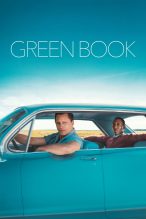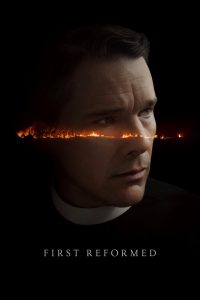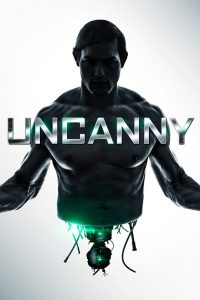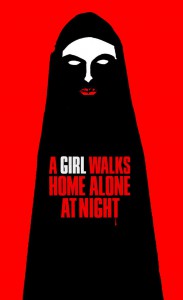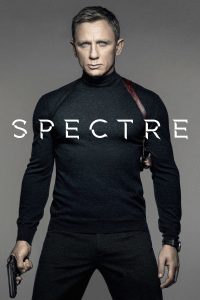Overview
Tony Lip, a bouncer in 1962, is hired to drive pianist Don Shirley on a tour through the Deep South in the days when African Americans, forced to find alternate accommodations and services due to segregation laws below the Mason-Dixon Line, relied on a guide called The Negro Motorist Green Book.
The movie claims to be ‘based on a true friendship’ between pianist Don Shirley (Mahershala Ali) and his driver Frank Vallelonga (Viggo Mortensen), better known as ‘Tony Lip’. They make for a mismatched odd-couple on a roadtrip across the deep South in the 1960s. Don Shirley is very talented but rather uppity, making him somewhat of a solitary genius. Tony is a temporarily out-of-work bouncer who is asked to be Don’s driver and bodyguard for a concert tour of two months. Despite some reservations he accepts as he needs the money.
As they go on their merry way, Tony lives up to his Lip moniker: he talks and talks and talks about anything, while Don keeps to himself and isn’t interested any more in Tony’s stories than he is in eating fried chicken or listening to Chubby Checker. Don wants to avoid the black stereotypes but in doing so he learns from Tony that he is missing out on some of the good things in life. Avoiding the stereotypes also doesn’t keep discrimination at bay and it doesn’t take long before Tony needs to come to Don’s rescue. As they tour from concert to concert, they slowly bond in a peculiar way despite their personalities continuing to be polar opposites.
Where this film succeeds is in the warmth and great acting of its two leads. They are simply a pleasure to watch and there is enough depth and development in their characters to satisfy the viewer. The movie even gets away with white-splaining: the cracker telling the negro what it means to be black… Unfortunately, most other characters are merely there to progress this central relationship, resulting in the pair running into many predictable encounters with a plethora of cardboard stereotypes of racist white southerners. But I guess the good thing is that it does not shy away from showing that racism in its true ugliness.
The title of this movie refers to ‘The Negro Motorist Green-Book’, which was a guidebook for black road travellers. It was published by Victor Hugo Green from the mid-thirties to the mid-sixties when discrimination against non-wites was the norm across much of, in particular, the southern US. Green’s book helped coloured people to find accommodations, restaurants and road houses where they would be welcome.
The fact that such a book, and it was not the only one of its kind, existed is a testament to the prevalent racism black people had to endure. There may no longer be a market for the Green Book, but racism is far from being a a slice of shameful history in today’s MAGA US and beyond. So while the film’s conclusion is a warm one, it does at the same time feel too simplistic.
The movie was directed by Peter Farrelly, who has had successes with movies like Dumb and Dumber, Shallow Hal, Stuck on You and The Three Stooges. He ventures into new territory here, and while he has succeeded in taking the interpersonal relationships and the humour to a much more mature and much more enjoyable level, he has missed the opportunity to take the movie as a whole meaningful.
A fun watch that is as easily enjoyed as it will be forgotten.
★★★☆☆
